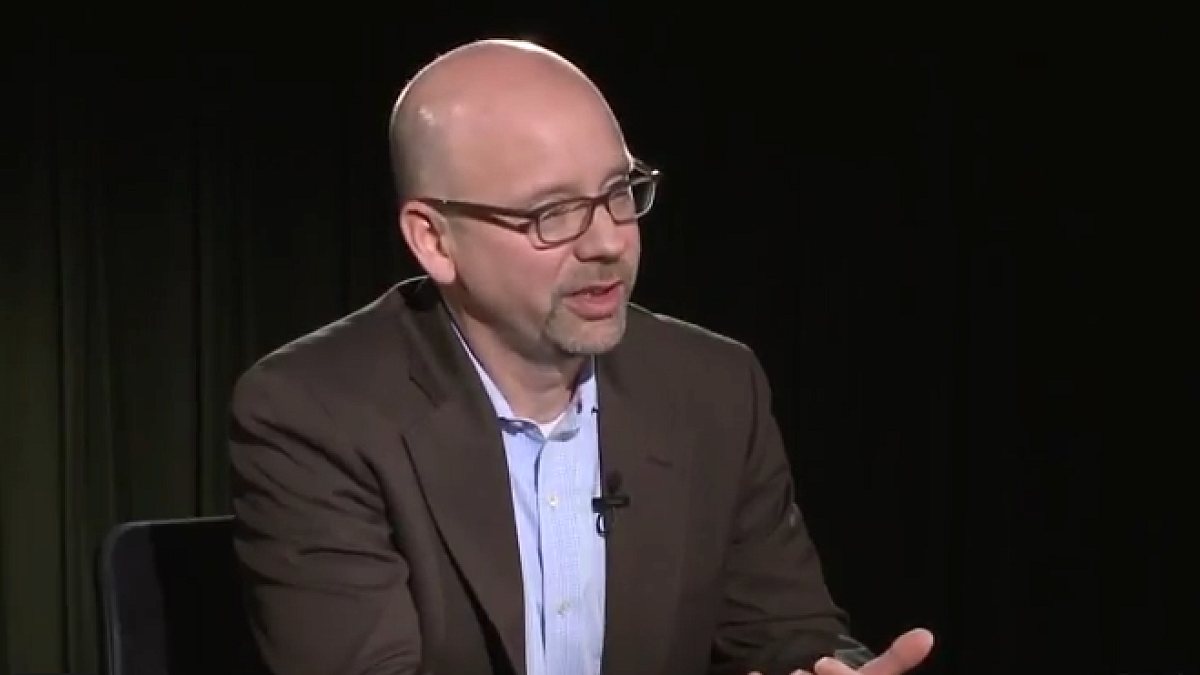“UO Today’s” latest episode features law professor Greg Dotson, who joined the UO last year to teach environmental law and was previously vice president for energy policy at the Center for American Progress in Washington, D.C, where he continues to hold a senior fellowship position.
During the 20 years he spent working in Washington — first as a member of Rep. Henry A. Waxman’s staff, then moving on to the Center for American Progress — Dotson, a 1995 graduate of the UO law school, worked on everything from whether or not the law should require a bittering agent be put in antifreeze to the American Recovery Act, which invested $90 billion in efforts to combat climate change.
He also did work on the Clean Power Plan, an Obama-era policy aimed to reducing carbon dioxide emissions from fossil fuel power plants by 32 percent by 2030.
“It was a major undertaking,” Dotson said, “taking multiple years, many stakeholder meetings, public forums around the country, engaging electric utilities and gaining the support of those utilities. It was — and is — the single biggest emission reduction from carbon pollution the EPA has done.”
However, he says the Clean Power Plan is in danger of being changed by the current administration.
“President Trump came out and said we should revisit this, and EPA administrator Scott Pruitt has basically said publicly that the rule has to go,” Dotson said. “I think unwinding that rule will be very complicated for them, because it was produced over a long period of time going through a regulatory process that built a consensus, and that kind of process cannot be undone with the stroke of a pen. They’ll have to go through a similar multi-tier process, and undoubtedly people will take them to court over the issue.”
In the rest of the interview, Dotson shares his thoughts on the future of climate change policy and research, what he thinks is the most effective channel for effecting change, the history of the EPA and why he is optimistic for the future, among other topics.
“UO Today” is a weekly half-hour interview program hosted by Paul Peppis, a UO English professor and director of the Oregon Humanities Center. Each episode features a conversation with UO faculty and administrators, visiting scholars, authors or artists.
It is produced by the Oregon Humanities Center in collaboration with UO Library’s Center for Media and Educational Technology. An archive of past interviews is available on the Oregon Humanities Center’s website, or on their YouTube channel.


